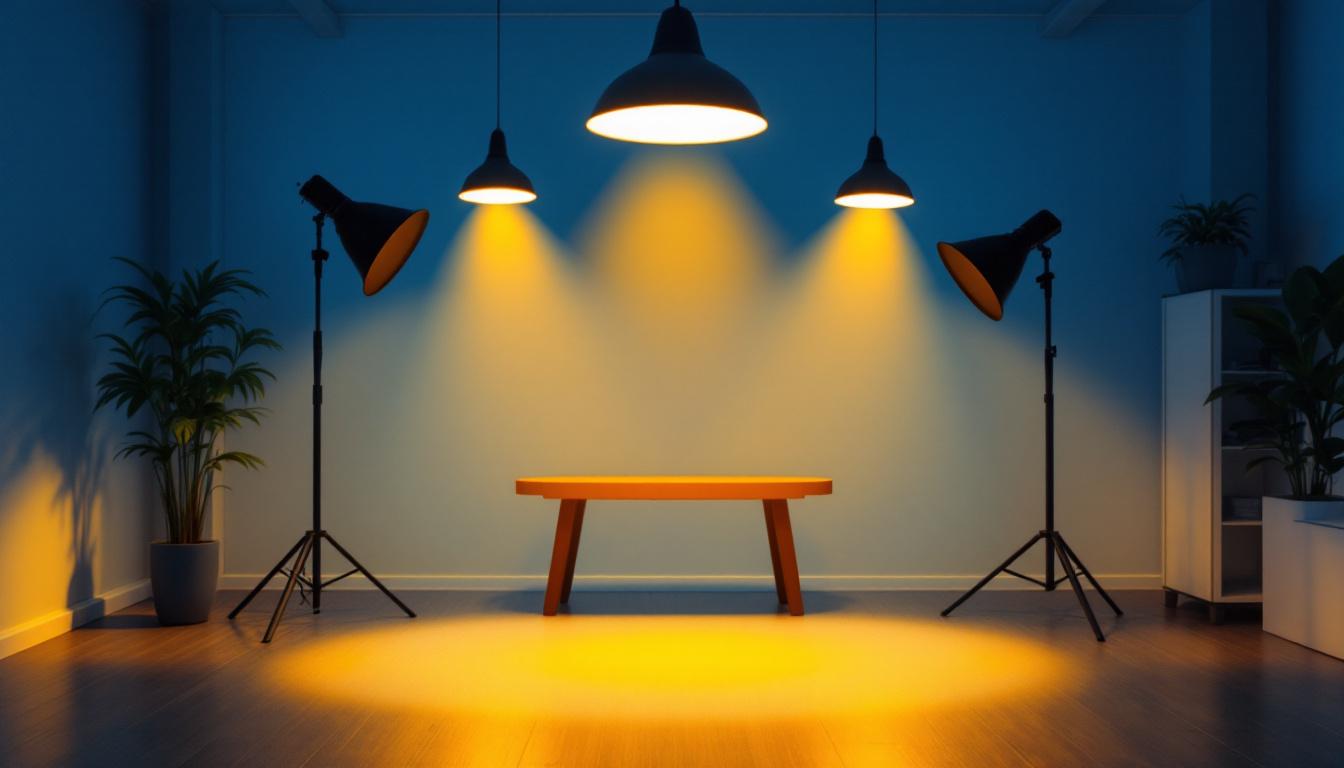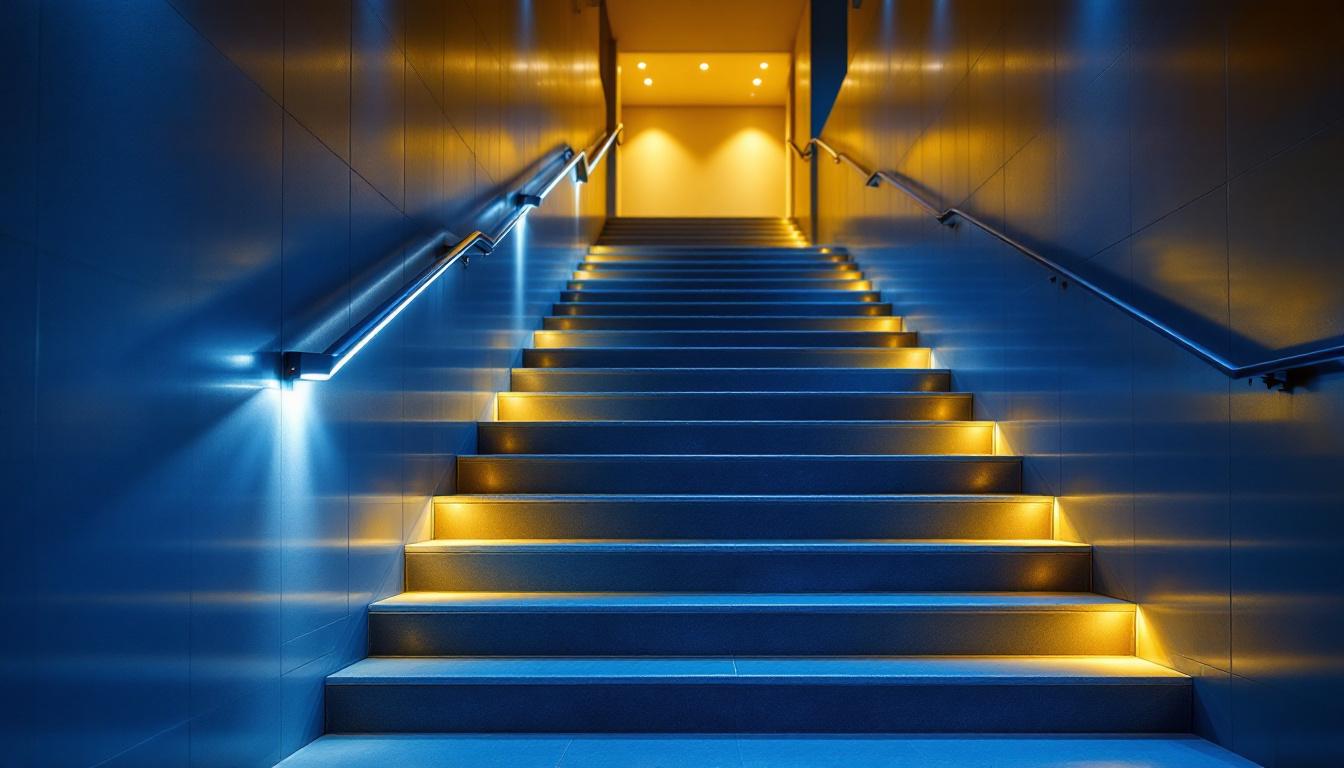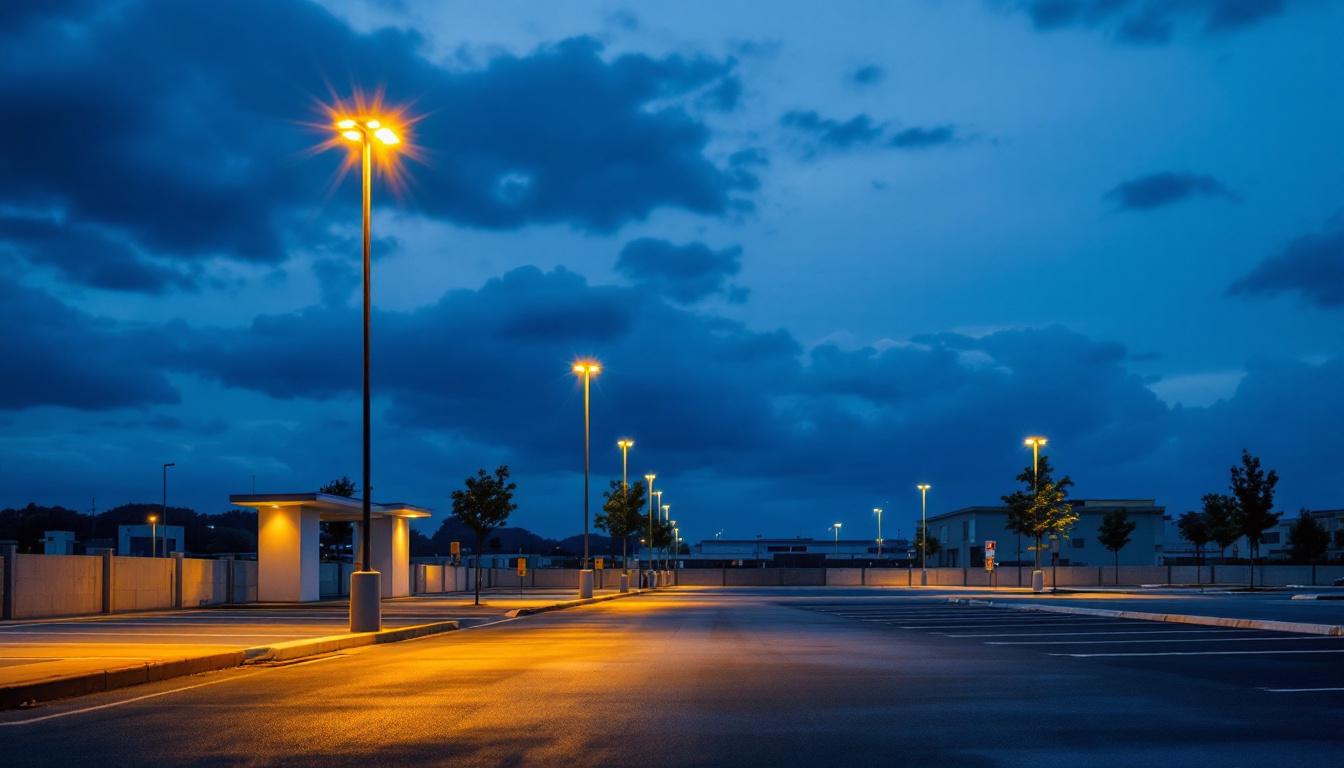
In the world of lighting installations, the importance of a diffuser lens cannot be overstated. These components play a crucial role in achieving optimal lighting quality, enhancing aesthetics, and ensuring energy efficiency. For lighting contractors, understanding the significance of diffuser lenses can lead to better project outcomes and satisfied clients.
Diffuser lenses are optical devices designed to scatter light, softening its intensity and spreading it evenly across a space. They are commonly used in various lighting applications, from residential to commercial settings. By diffusing light, these lenses help to eliminate harsh shadows and create a more inviting atmosphere. In addition to their aesthetic benefits, diffuser lenses also play a crucial role in enhancing the functionality of lighting systems, ensuring that spaces are illuminated in a way that is both effective and visually pleasing.
There are several types of diffuser lenses available, each with its unique characteristics and applications. Some of the most common types include:
The primary function of a diffuser lens is to scatter light rays as they pass through the material. This scattering effect reduces the intensity of direct light, creating a softer glow that is easier on the eyes. The design and texture of the diffuser lens play a significant role in determining how effectively it diffuses light.
For instance, a lens with a frosted surface will scatter light more than a clear lens, resulting in a softer illumination. Understanding the optical properties of different materials is essential for lighting contractors to select the right diffuser for each specific application. Additionally, the thickness and curvature of the lens can also influence the diffusion pattern, allowing for tailored lighting solutions that meet the specific needs of a space.
Moreover, the placement of diffuser lenses within a lighting system can significantly impact the overall light quality. For example, strategically positioning a diffuser lens closer to the light source can enhance the uniformity of light distribution, while a lens placed further away may create a more pronounced shadow effect. This level of control over light behavior is invaluable in settings such as photography studios, where precise lighting is crucial for achieving the desired visual effects.
In lighting design, the choice of diffuser lens can significantly impact the overall effectiveness of a lighting installation. Here are several reasons why diffuser lenses are critical:
Diffuser lenses contribute to the aesthetic quality of a space by creating a uniform light distribution. This helps to eliminate the harshness often associated with direct lighting, making environments feel warmer and more inviting. In commercial settings, well-diffused lighting can enhance the customer experience, encouraging longer visits and increased sales.
In residential applications, diffuser lenses can be integrated into various fixtures, such as pendant lights and ceiling-mounted lights, to achieve a cohesive design that complements the overall decor. The right diffuser can transform a standard fixture into a statement piece.
Energy efficiency is a critical consideration in modern lighting installations. Diffuser lenses can play a vital role in maximizing the effectiveness of light sources, particularly LEDs. By distributing light more evenly, these lenses can help reduce the number of fixtures required to achieve the desired illumination level, resulting in lower energy consumption.
Moreover, when light is diffused effectively, it can minimize the need for additional lighting sources, further enhancing energy savings. For contractors, this not only benefits the environment but also appeals to clients looking to reduce their utility bills.
Glare is a common issue in many lighting installations, leading to discomfort and eye strain for occupants. Diffuser lenses help to mitigate this problem by softening the light and reducing its intensity. This is particularly important in workspaces where prolonged exposure to harsh lighting can lead to fatigue and decreased productivity.
By incorporating diffuser lenses into lighting designs, contractors can create more comfortable environments that promote well-being and efficiency. This is especially crucial in settings such as offices, schools, and healthcare facilities, where lighting conditions can significantly impact performance and mood.
Diffuser lenses are versatile components that can be used in a wide range of lighting applications. Understanding these applications can help contractors make informed decisions when selecting the right diffuser for a project.
In commercial settings, such as retail stores and restaurants, diffuser lenses are essential for creating inviting atmospheres. They help to ensure that lighting is uniform and appealing, enhancing product displays and encouraging customer interaction. Additionally, in areas where people gather, such as conference rooms or waiting areas, diffused lighting can create a more relaxed environment.
Moreover, many commercial spaces utilize recessed lighting, where diffuser lenses can be integrated into the fixtures to provide a seamless look while maintaining effective light distribution. This combination of aesthetics and functionality is key in commercial lighting design.
In residential applications, diffuser lenses are commonly found in ceiling fixtures, wall sconces, and pendant lights. They allow homeowners to achieve the desired ambiance in their living spaces while ensuring that the light is soft and inviting. For instance, a dining area can benefit from a pendant light with a diffuser that casts a warm glow, enhancing the dining experience.
Moreover, outdoor lighting solutions, such as pathway lights and garden fixtures, often utilize diffuser lenses to create a welcoming atmosphere while ensuring safety and visibility. The right diffuser can enhance the beauty of outdoor spaces while providing functional lighting.
Architectural lighting design often requires a delicate balance between functionality and aesthetics. Diffuser lenses can be used to highlight architectural features while providing adequate illumination. For example, in museums or galleries, diffusers can help to showcase artwork without causing glare or reflections that could detract from the viewer’s experience.
Additionally, in commercial buildings, diffuser lenses can be integrated into skylights or large windows to diffuse natural light, reducing the need for artificial lighting during the day. This not only enhances energy efficiency but also creates a more pleasant working environment.
When selecting a diffuser lens for a lighting installation, several factors must be considered to ensure optimal performance and aesthetics. Understanding these factors can help contractors make informed choices that meet their clients’ needs.
The material of the diffuser lens plays a significant role in its performance. Acrylic and polycarbonate are popular choices due to their durability and light transmission properties. However, glass diffusers can provide a more upscale appearance, making them suitable for high-end applications.
Contractors should also consider the specific environment where the diffuser will be used. For instance, in areas exposed to moisture or extreme temperatures, polycarbonate may be the better choice due to its resilience.
The optical properties of a diffuser lens, including its light transmission and scattering capabilities, are crucial for achieving the desired lighting effect. Contractors should evaluate the intended use of the space and the type of light source being used to select a diffuser that meets those requirements.
For example, if the goal is to achieve a soft, ambient glow, a lens with a frosted finish may be ideal. Conversely, if a more focused beam of light is desired, a clear diffuser may be more appropriate.
Finally, the design of the diffuser lens should complement the overall aesthetic of the lighting fixture and the space it occupies. Contractors should consider factors such as color, texture, and shape when selecting a diffuser to ensure it enhances the overall design rather than detracting from it.
In some cases, custom diffuser designs may be necessary to achieve a specific look or functionality. Collaborating with manufacturers or designers can help contractors find the perfect solution for their projects.
In summary, diffuser lenses are critical components in lighting installations that significantly impact aesthetics, energy efficiency, and overall performance. For lighting contractors, understanding the various types of diffuser lenses, their applications, and the factors to consider when selecting them is essential for delivering high-quality results.
By incorporating diffuser lenses effectively, contractors can enhance the visual appeal of their projects, improve occupant comfort, and contribute to energy savings. As lighting technology continues to evolve, staying informed about the latest advancements in diffuser lens design and materials will empower contractors to create innovative and effective lighting solutions.
Ultimately, the right choice of diffuser lens can make all the difference in achieving a successful lighting installation that meets both functional and aesthetic demands. Whether in commercial, residential, or architectural settings, the impact of a well-chosen diffuser lens is undeniable.
Ready to elevate your lighting installations with the perfect diffuser lenses? Look no further than LumenWholesale for a vast selection of top-quality, spec-grade lighting products at unbeatable wholesale prices. Say goodbye to inflated markups and hello to superior lighting that meets the highest industry standards. With our hassle-free bulk buying and free shipping, you can ensure your projects shine with premium lighting at the best value. Don’t compromise on quality or affordability. Discover wholesale lighting at the best value today and make your lighting installations stand out.

Discover the essential insights that lighting contractors frequently miss when installing LED lights in stairwells.

Explore the key challenges lighting contractors face when integrating Nest movement sensors into smart lighting systems.

Discover how bath lights are revolutionizing the lighting industry for contractors.

Discover the importance of outdoor parking lot lighting fixtures in enhancing safety, visibility, and energy efficiency.